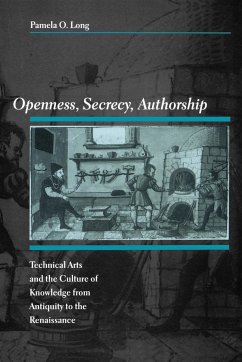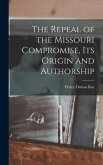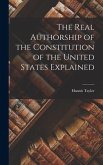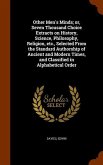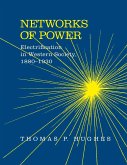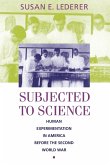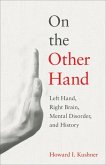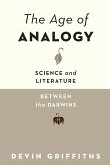Openness, Secrecy, Authorship combines intellectual history with the history of science and technology to explore the culture of knowledge. From ancient Greece to Renaissance Europe, Pamela O. Long traces the definitions, limitations, and traditions of intellectual and scientific creation and attribution, examining the rise, wane, and resurgence of priority in the crediting and lionizing of authors. Illuminating the creation and reconfiguration of ideas like "trade secrets," "plagiarism," "mechanical arts," and "scribal culture," her historical study complicates prevailing assumptions about the history of authorship and the production of knowledge while inviting a closer look at issues that define so much of our society and thought to this day.
Hinweis: Dieser Artikel kann nur an eine deutsche Lieferadresse ausgeliefert werden.
Hinweis: Dieser Artikel kann nur an eine deutsche Lieferadresse ausgeliefert werden.

